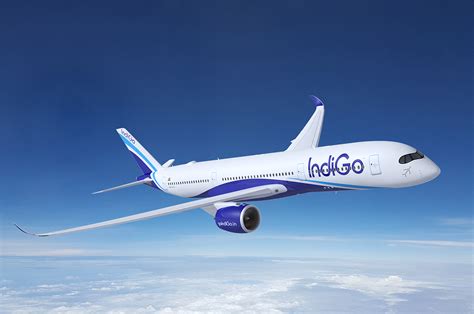This story is premium content for subscribers only.
Sign in to your account.
Sign up for Corporate account
Sign up for Annual individual plan
Sign up for a Monthly individual plan



